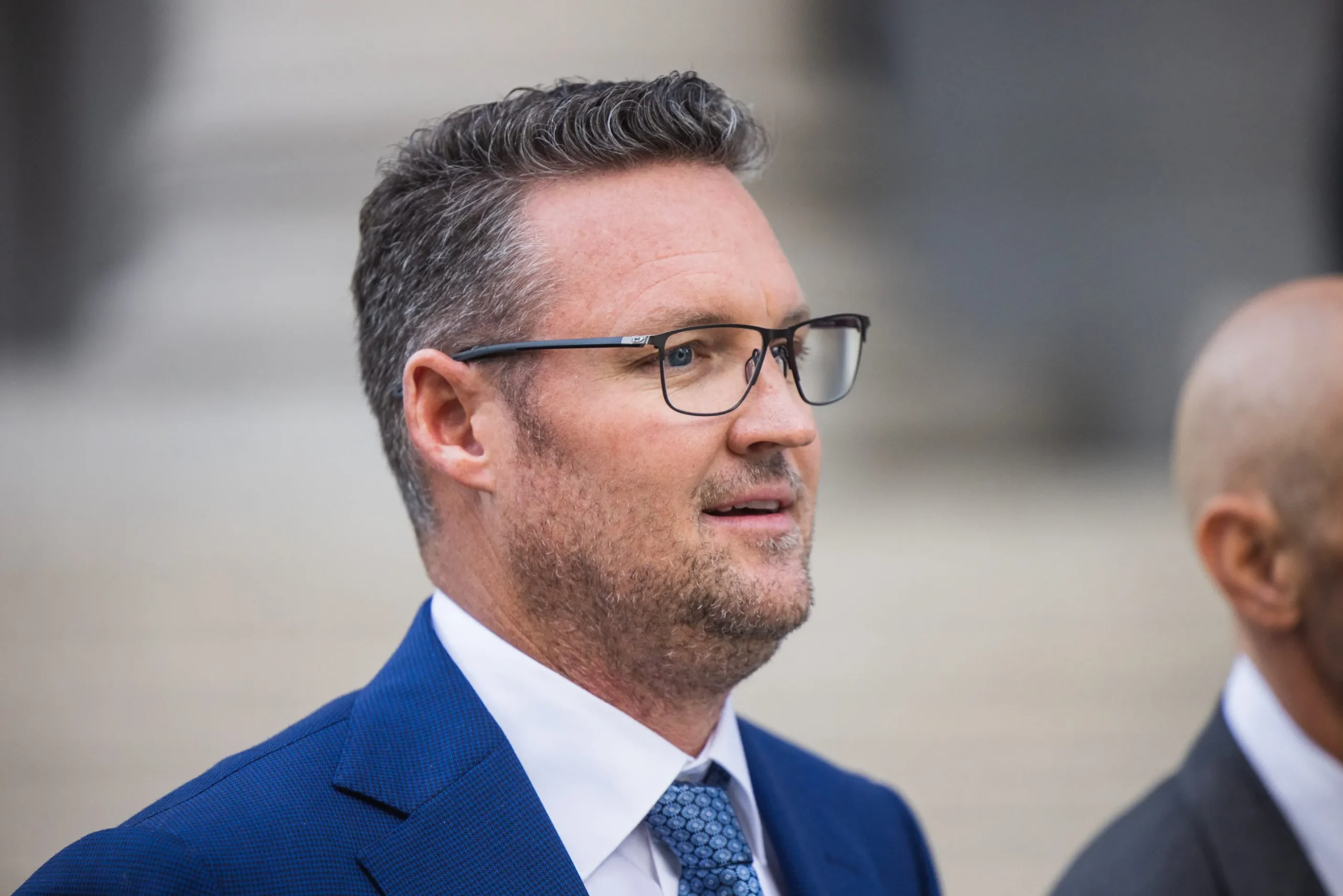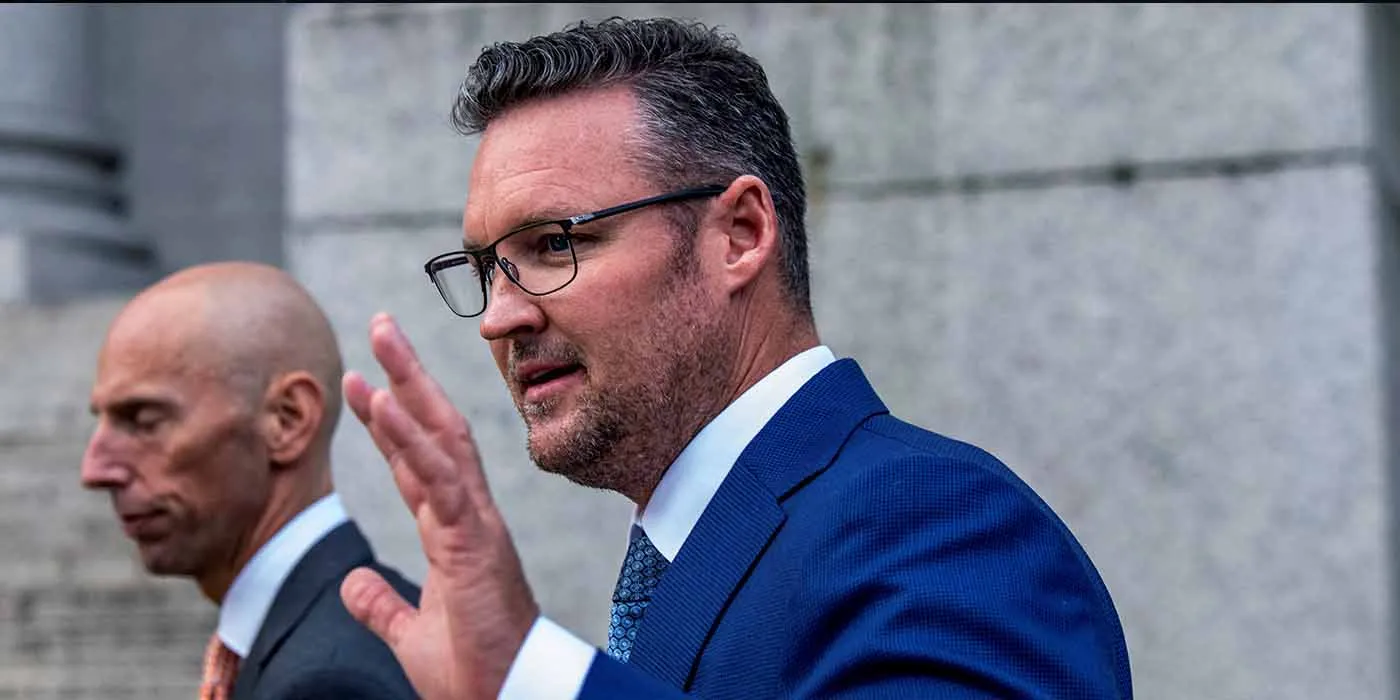Nikola founder Trevor Milton was sentenced to four years in prison on Monday for defrauding investors in the troubled electric- and hydrogen-powered truck manufacturer.
In addition to the prison term, Milton was fined $1 million and may face property forfeiture as part of his sentence.
The sentence is significantly shorter than the 11 years prosecutors had sought at Milton’s sentencing in U.S. District Court in Manhattan but is notably harsher than the probation-only sentence requested by Milton’s defense.
“I did not intend to harm anyone, and I did not commit the crimes alleged against me,” Milton stated to Judge Edgar Ramos before his sentencing.
Prosecutors argued that Milton has demonstrated little remorse, citing his “profound denial of accountability and insistence on blaming others” in a letter to Judge Ramos on Sunday.
Milton has been allowed to remain free on bail while he appeals his conviction.
Milton was found guilty in October 2022 on two counts of wire fraud and one count of securities fraud. He faced a recommended 60-year prison term under federal sentencing guidelines for these offenses.
The amount of restitution will be determined in a future proceeding, as stated by the U.S. Attorney’s Office for the Southern District of New York.
Damian Williams, U.S. attorney for the Southern District of New York, said in a statement, “Trevor Milton repeatedly lied to investors — on social media, on television, on podcasts, and in print.
Today’s sentence should serve as a warning to start-up founders and corporate executives everywhere — ‘fake it till you make it’ is no excuse for fraud, and misleading investors will have severe consequences.”

In 2021, Nikola agreed to pay $125 million to settle civil charges brought by the U.S. Securities and Exchange Commission.
Milton became a billionaire overnight when Nikola went public in June 2020 through a special purpose acquisition company (SPAC).
The company was initially seen as one of the most promising electric vehicle (EV) startups, with a peak valuation exceeding $30 billion, until allegations of false and misleading statements were brought to light by short-seller Hindenburg Research.
Prosecutors drew a parallel between Milton and Elizabeth Holmes, the disgraced founder of Theranos, who was sentenced to over 11 years in prison last year for defrauding investors in her blood-testing startup.
“Just as Holmes lied about Theranos-manufactured blood analyzers, Milton lied about the operability of the Nikola One semitruck,” prosecutors wrote to Judge Ramos before the sentencing.
Milton has tried to differentiate himself from Holmes, noting that unlike Theranos, Nikola remains a functioning business, according to court documents.
Milton, Nikola’s largest shareholder, stepped down as executive chairman in September 2020 amid an internal investigation following the Hindenburg report, which described the company as a “house of cards” built by Milton.
Since his resignation, Nikola’s stock value has plummeted, and the company has struggled to retain executives. Stephen Girsky, Nikola Chairman and the head of the SPAC that took the company public, was named CEO in August.
Nikola’s shares have recently traded below $1, with the company’s market value around $296 million. The stock dropped more than 9% on Monday.
Nikola was among the first high-profile companies to go public via a SPAC, a move that inspired many other startups before the SEC imposed stricter regulations on the practice.
Prosecutors noted that the SPAC process allowed Milton to make many misleading or fraudulent statements that would have been restricted under a traditional initial public offering (IPO), which would have limited public statements during the company’s public debut.
SPACs are publicly traded entities that possess no significant assets beyond cash and are created solely to raise funds and merge with privately held companies.







Leave a Reply